Check out the Little Jamacia Music History Walking Tour
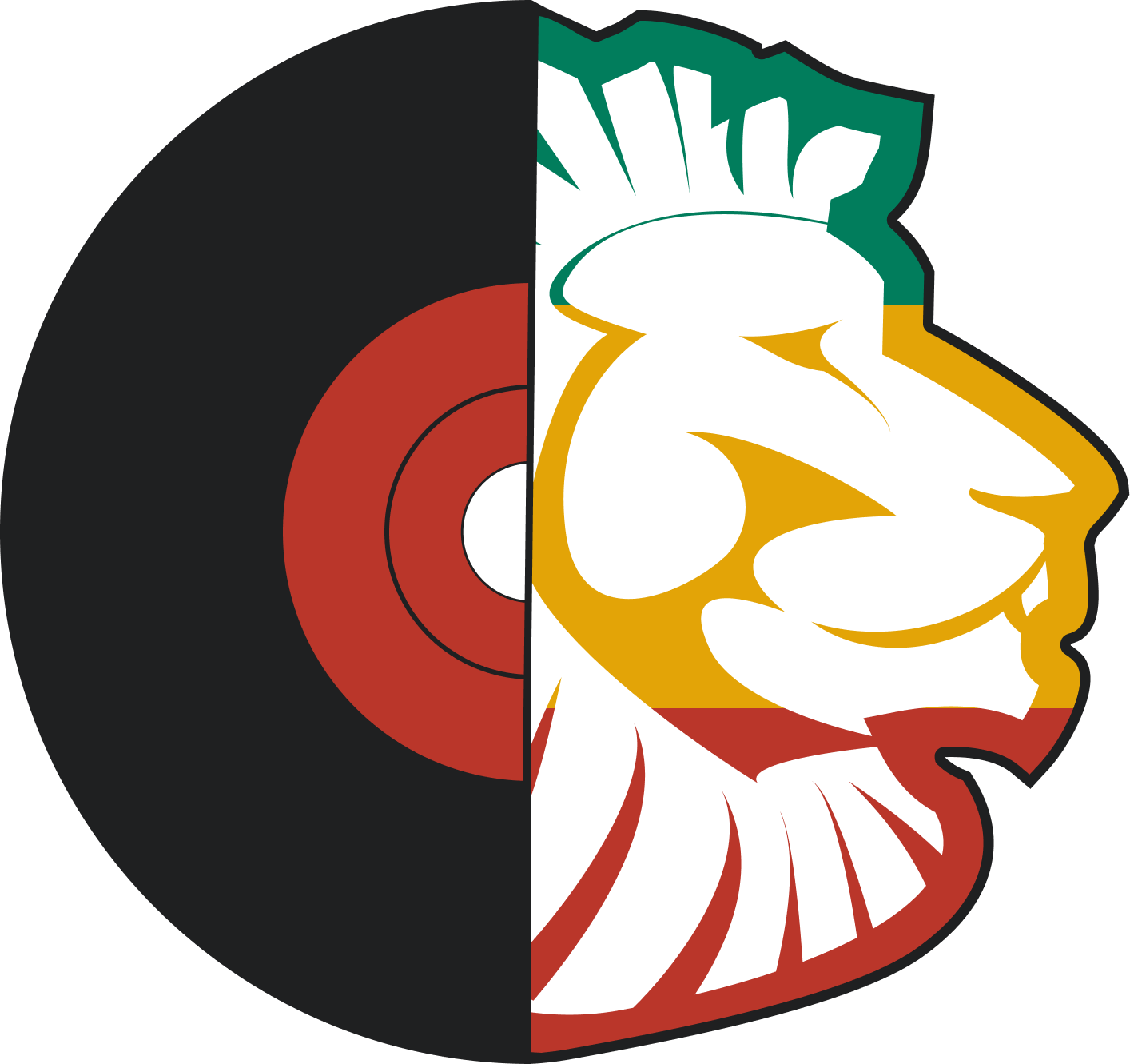
Check out the Little Jamacia Music History Walking Tour

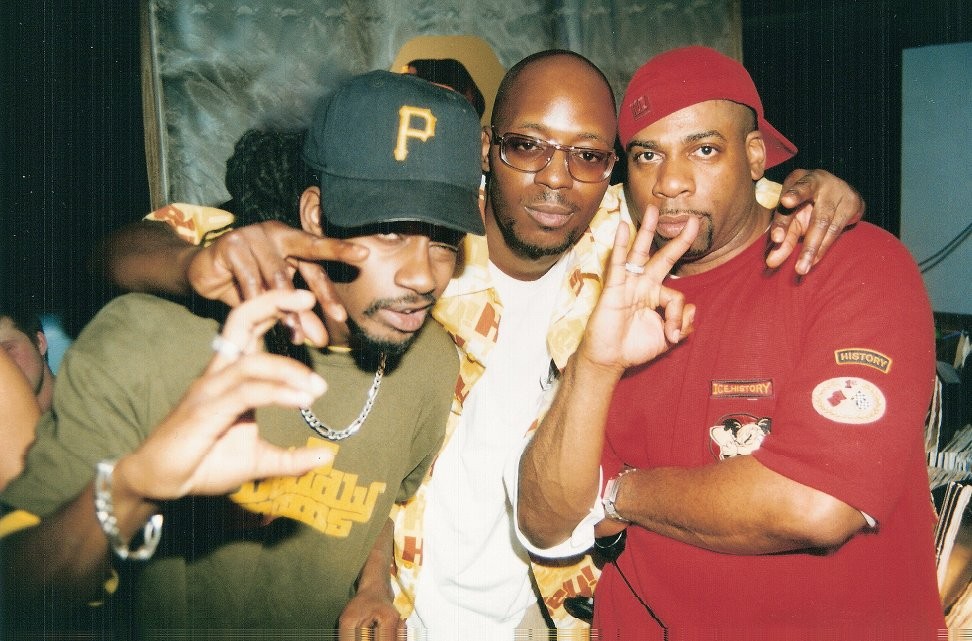
Phil Vassell —
February 5, 2016
Published February 2000.
In 2015 The Music Gallery’s panel Music: Racism, Power And Privilege 101, about racism in the indie music scene sparked an uproar. Now Magazine picked up on the theme of the panel in the January 27th, 2016 edition. Real Talk About Racism in the Toronto Music Scene profiled 11 individuals from diverse communities sharing their perspectives on racism in the music scene. So we dug into the WORD Vaults and found this gem. Questions around music, power and race are part of a very important, ongoing and broader discussion. It was 16 years ago when this WORD interview took place. These industry players not only spoke about the challenges those in the emerging Canadian hip hop industry faced but also about some solutions. Enjoy.
By the time you read this, Choclair’s debut CD, Ice Cold will have gone gold; CBC television begins a new hip-hop series, Drop The Beat in prime time, no less, and that other guardian of Canadian culture, the CRTC gets another opportunity to finally bless us with an urban radio format at the hearings which have just commenced in Toronto — Canada’s most diverse city.
Like the freedom seekers on the fabled Underground Railroad in the 1800s, the proponents of hip hop — these new “freedom seekers” and “friends of the movement” are blazing a path to the promised land of acceptance, respect, success, and above all, to letting their voices be heard in the world of Canadian music.
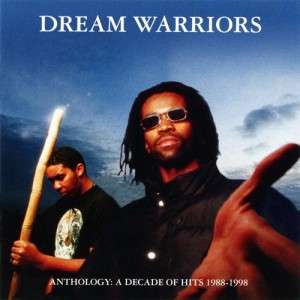
What is the state of Canadian hip hop? What is the future from 2000 and beyond? WORD convened a group of notable industry players to offer some insight. They are Sol Guy, Craig Mannix, Jonathan Ramos and Ivan Berry. Here’s the breakdown from our panelists:
Who is pushing hip hop forward in Canada?
Sol Guy: Independent labels such as Figure IV, Knee Deep, Capitol Hill, 7 Bills, Lockdown Entertainment. These indies’ agenda is simply to get the music out at all costs. We do not have anyone to answer to but the streets. It won’t be long ‘til one of the above gets a joint venture with a major. I hope that whoever gets it, gets it on their terms. As well, Much Music (with VideoFact) and Tony Young particularly has been very supportive.
Craig Mannix: I would not say that any one is pushing hip-hop forward in Canada. I feel it’s a combination of a group of different people doing things the way things should be done. Good managers coming together to do good work, good artists making good music, responsible label reps, doing their best to support the scene. Responsible hip hop journalists. With that being said, I don’t think that everyone deserves to be patting each other on the back. For everyone who is doing good, there are tenfold who are messing shit up and making dumb moves and dumb business decisions.
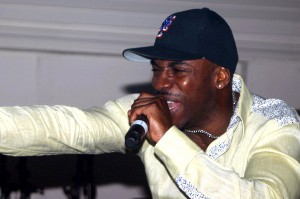
Ivan Berry: Hip Hop in this country is being pushed forward by numerous players.
The biggest player is college and university radio. The fans are now reacting to Canadian hip-hop artists and should be rewarded. The major labels are in the beginning stages of developing urban departments to market and promote this genre. The next step is urban professionals in decision-making situations like A&R, marketing, radio, promotion, etc. There are also numerous managers and indie labels that are doing a phenomenal job pushing hip hop forward. A few are Capitol Hill, Knee Deep, Sifu, Beat Factory, Citizen Kane Productions, Erf Works and Knowledge of Self. Much props goes out to Much Music, VideoFact, FACTOR, and Socan that have contributed tremendously in the development of and positive exploitation of hip hop.
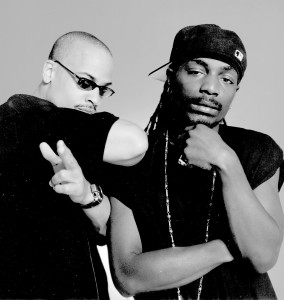
Jonathan Ramos: The majority of advances have come from independents (artists, companies, individuals). Much Music has been doing their part in the embarrassing absence of radio — playing AND funding the videos. Only two of the five majors are doing their part: 1) BMG — which has signed both and English-speaking hip hop act — Rascalz, as well as a Francophone act — Muzion. 2) Deane Cameron and EMI have ALMOST single-handedly (with BMG) helped advance Canadian hip hop. The other three majors have been conspicuous in their absence; hiding behind the excuse, “it doesn’t sell, there’s no radio” and hindering it’s progress in the name of commerce (mix-tape raids). Unfortunately those pushing forward are severely outnumbered by those in-action is tantamount to pushing backward.

What’s the most significant change you have seen in the last five to ten years?
Ivan Berry: The most significant change I have seen in the last 10 years is the consumer (public) buying, accepting, enjoying Canadian hip hop music without the artists having to change creatively for the pop medium.
Jonathan Ramos: The proliferation of hip hop culture (music, dress, slang, etc.) on a universal level. The music is no longer considered fringe and has crept its way into all aspects of youth culture crossing race, sex, language and religious barriers.
Craig Mannix: First off I think the greatest strides have been made in the development of artists and their ability to produce, promote and release their own product independently and internationally, with the success of artists such as Frankenstein, Da Grassroots, Kardinal Official, Thrust, Saukrates and Choclair. Secondly, I would say the development of urban music divisions and personnel within major record companies, but with the majority of labels cutting back on having these divisions, I would not say it is the most significant change.
Sol Guy: The development of a complete infrastructure for urban music including competent indie labels, promoters, managers, producers, artists, publications, major label product managers, and radio shows. As well as major label signings domestically and working urban music throughout the country. Although they still miss the boat on several key issues at least they have realized that young hip hop heads are an asset to their company. I just wish that they would have complete vision and stick by hip hop as it goes through its ups and downs.
How important is the recent success of Choclair and Rascalz to the hip hop scene in Canada?
Jonathan Ramos: I personally view it on the same level as the early success of Maestro, Dream Warriors and Much Music’s addition of RapCity to their daily schedule. It goes a long way towards countering the ignorance of many who persist in their argument against the commercial viability of domestic hip hop in this country.
Sol Guy: This is huge. First of all it shows other Canadian artists that it can be done. Second, the fact that these artists are buzzing and are laying a worldwide foundation for Canadian hip hop around the world. And third, it shows Canadian labels that an investment in Canadian hip hop can be quite profitable, therefore, more artists will get the opportunity they deserve.
Ivan Berry: They have proven what I’ve known for 18 years (Canadian hip hop is good and the consumer will buy it if the labels promote it.) I think their successes moved our culture into the mainstream and it is the first time in history that two groups had gold records back to back without a five year span (for example, Maestro to Dream Warriors to Kish was too long between successes).
Craig Mannix: We at Virgin feel that the success we have had with Choclair to this point has been great. However, we’re not letting it get to our heads; its just the first on a long rough journey, With that said, I do feel, the Choclair album, is important to the Canadian urban scene. He’s the first Canadian rap artist to get a U.S. major label release. Some people have been downplaying the U.S. release by saying that it’s not really that important. Its cool to win the Grey Cup, but is it the same as winning the Super Bowl? As far as I’m concerned Choclair has already the Grey Cup, and now there are bigger fish to fry. With a number of hip hop media and people within the industry looking at Toronto as being one of the hotbeds for black music, everyone is looking at this guy as Canada’s representative.
Who are the future artists to watch, that is who are the future of Canadian hip hop?
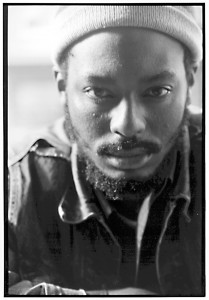
Sol Guy: kos, Kardinal Offishall, Jellestone, Saukrates. These cats are the future of hip hop period. Two have worldwide deals (kos and Jelle) and the other two will have secured it in the next few months.

Craig Mannix: Da Grassroots, Thrust, Kardinal Offishall, Roam, Checkmate, Turnstylez, Solitair, Nefarious, Brass Munk, Citizen Kane, Marvel, Mathematik, Jellestone, Redlife.
Ivan Berry: The future hip hop artists in Canada are many, but will include Mathematik, Kardinal, Madlocks, Dream Warriors, Diamond X, Monolith Crew, Citizen Kane, etc.
Jonathan Ramos: Solitair, Brass Munk, Grassroots, Arcee, Dan-e-o, Citizen Kane, Checkmate, Erldotcom, Butta Babees. The other true future of Canadian hip hop are the behind-the- scenes people: Djs, managers, promoters, label personnel, sound engineers, talent buyers, writers, VJs, executives. For all the talent we are blessed with, no one will get to hear them if we do not have a proper domestic infrastructure to support and promote all this talent.
What can emerging Canadian hip hop artists do to prepare themselves for the future with fewer majors?
Ivan Berry: The best thing any artist can do for themselves and for the scene is to release their own records BY ANY MEANS NECESSARY. We cannot wait for the majors to control and direct the future of hip hop. If they’re in fine, if not, let us release records and I’m confident the consumer will come forward. Hip Hop is a culture for everyone to enjoy. It has replaced Rock and Roll and the masses has spoken. Many say hip hop is a fad; well, it’s a 20 year old fad that just won’t go away.
Jonathan Ramos: The recent consolidation in the music industry combined with the rapid advancement of technology could prove to be the biggest boon to Canada’s hip hop “industry.” Artists must:
Sol Guy: Simply make your music, read books and study the business side to this. Most importantly just keep working and expanding; do not wait for anyone to do a dam thing for you. By the time the major deal comes around to you, you will be in a much better bargaining position.
Craig Mannix: Learn the business, research who you want to get into business with and why, and don’t necessarily think major label right away. Do shit independently, get your music and your business tight and people will come to you. I really don’t think that the amount of labels will affect the upcoming MC’s, producers, etc. in a negative way. Don’t sleep on new media, it’s obvious that its going to affect the way the music are bought, sold, promoted and listened to in the immediate future.
The Canada Black Music Archives is a non-profit digital archive established as a division of Word Media Group Inc.
contact us
124 - 639 Dupont St. Toronto, ON M6G 1Z4
sponsors and supporters
We are grateful for the support of the TD Bank Group, Province of Ontario, Government of Canada as well as our donors, members and volunteers.






